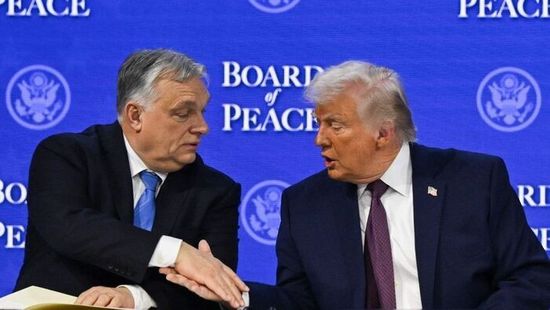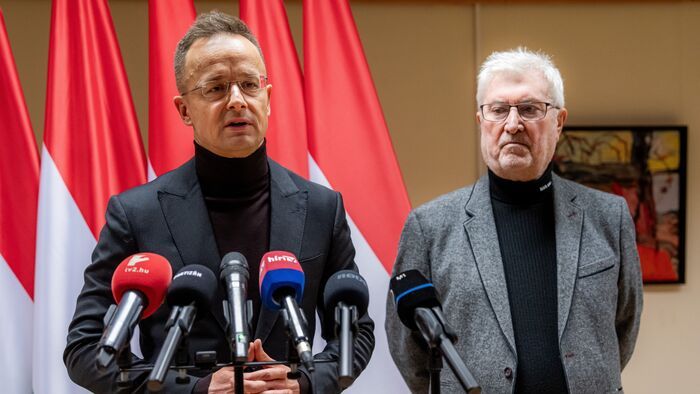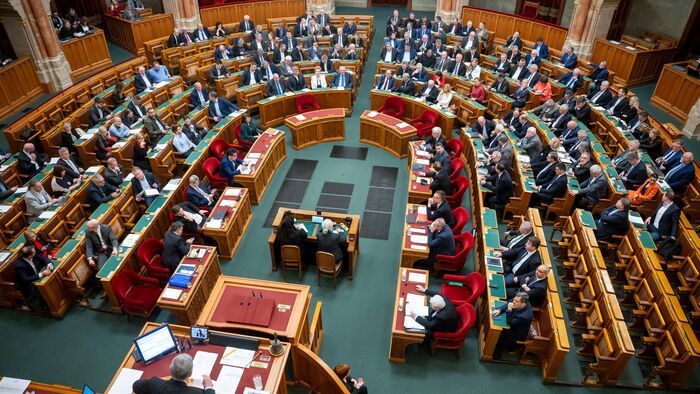Hungary cannot be torn out of the universe and examined merely in isolation, as I would take a different approach," Prime Minister Viktor Orban began his remarks in this morning’s radio interview. He recalled that in the past, it was characteristic in Hungary for leftist-liberal governments, and even earlier, for the communist leadership, to use foreign developments as an excuse. This, Mr. Orban said, was irritating him, adding that he believes that what truly matters is what we do at home.
This year, we played our hand for peace," Orban stated, using a card game analogy. "This meant that a Republican administration is coming to power in America, they will make peace, and peace will bring economic prosperity," PM Orban emphasized.
He noted that they waited for the outcome of the U.S. election, which determined whether they would adopt a peace-time, or a war-time budget.
– "The Hungarian economy is counting on a positive external impact," PM Orban said, pointing out that Hungary has lost 6.5-7 billion euros each year due to the war. He expressed hope that the 21-point economic action plan, economic neutrality, and peace together would provide a significant boost to the economy.
Mr. Orban signaled that he sees the negative external impact as coming from Europe and does not expect any high-level decisions from Brussels, Berlin, or Paris that would positively affect the Hungarian economy. He said he fears that Europe will continue to face high energy prices, which stifles economic growth.
Security and predictability
According to PM Orban,
security and predictability determine how families manage their finances.
This is why women are at the helm of families, because their instincts always point toward security. He added that Hungarians are not the extravagant type; they think twice before spending. He believes this is a good trait, although economists think otherwise.
Mr. Orban thinks that excessive caution does slow down the economy, which is why it is better to leave such matters in the hands of the people. He remarked that he does not believe the government alone can dictate a single economic direction.























Szóljon hozzá!
Jelenleg csak a hozzászólások egy kis részét látja. Hozzászóláshoz és a további kommentek megtekintéséhez lépjen be, vagy regisztráljon!